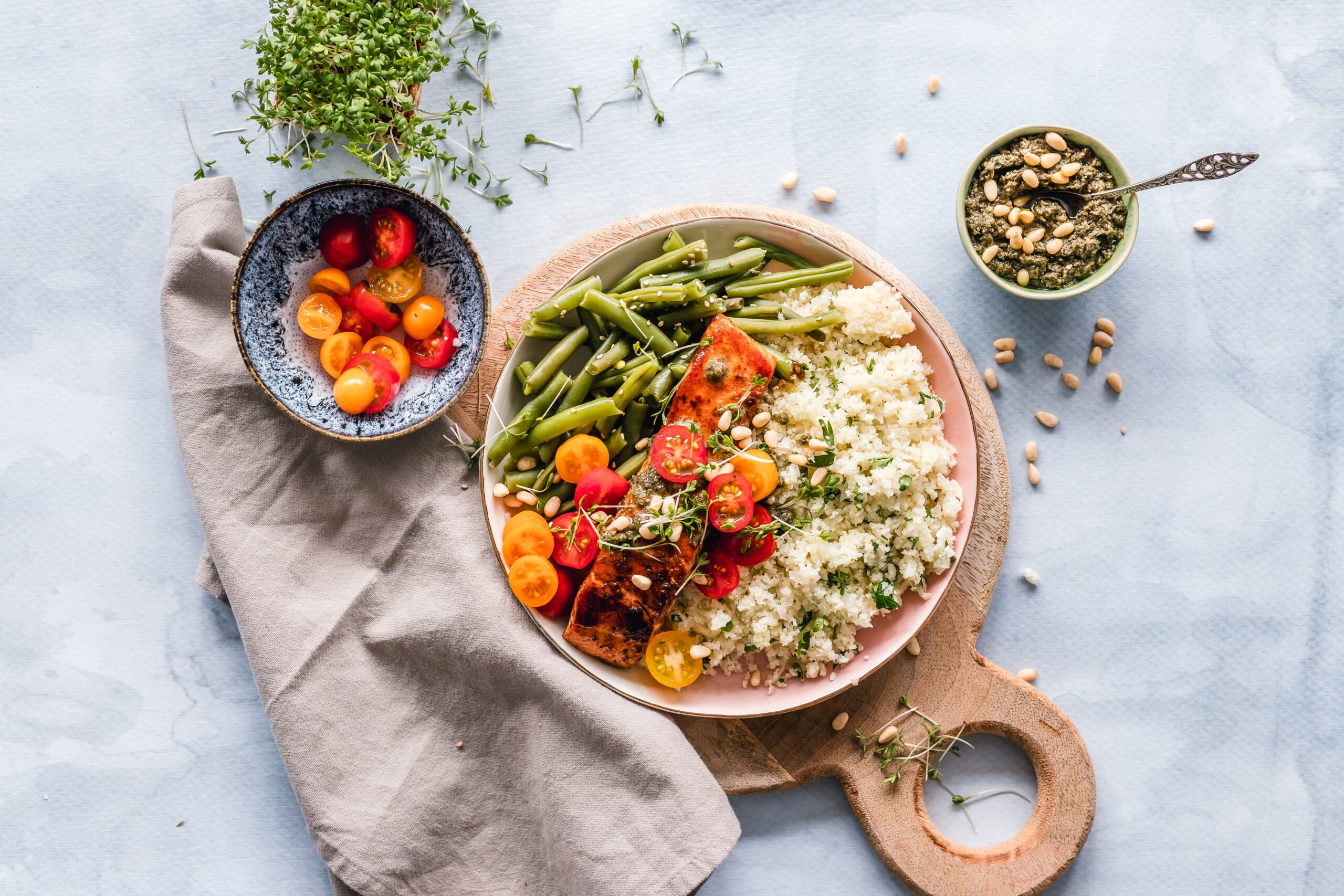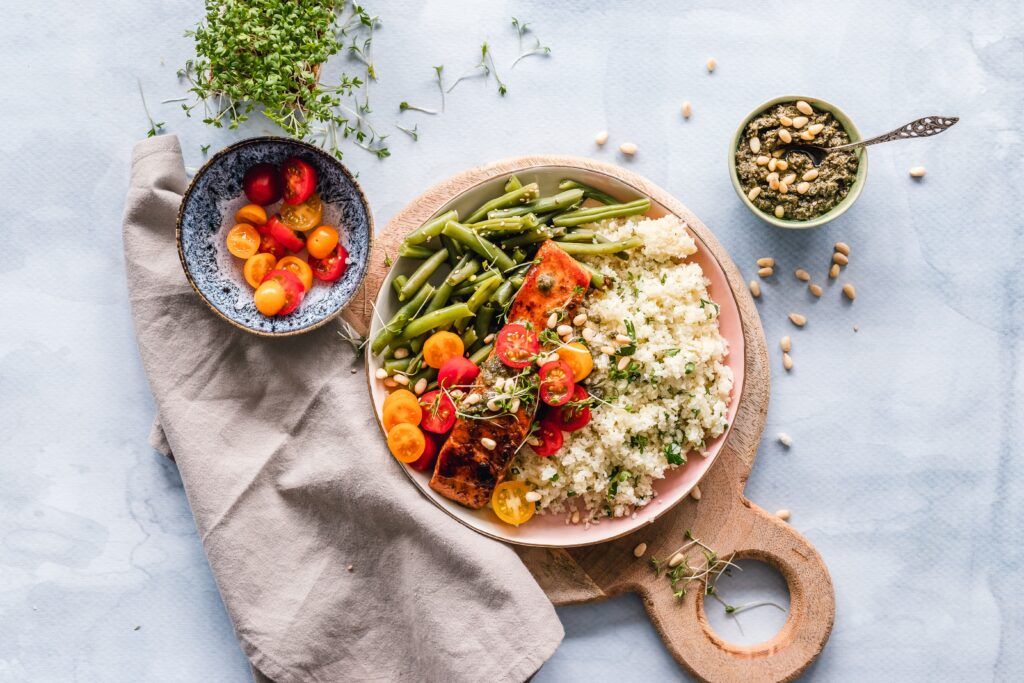We live busy lives and now more than ever, people want convenient food. If you want something on the go, you can easily get it from a vending machine; if you’re not in the mood to cook, you can quickly go to the drive-through at your local fast-food chain or order the food to be delivered; if you’re feeling lazy or too busy, then you can just microwave a frozen meal. Even convenience stores and gas stations are loaded with highly processed food, and most grocery stores contain a high percentage of these types of foods. Most people know these types of foods are unhealthy. However, this can be confusing depending on how they market the food. Sometimes a quick reading of the label reveals how “healthy” a food actually is.
While these foods can be good, there’s no doubt about it that the chemicals, preservatives, and sugars impact how healthy they are and can make them appear very addicting. While you don’t need to cut out processed foods, it’s ideal to break away from them and become less dependent, to avoid the negative effects of obesity, blood sugar, chronic pain, diabetes, cardiovascular disease, and so much more. Here is everything you need to know to cut out processed foods for a healthier life!
Focus on Fresh Produce
If you’re eating processed foods for the sake of convenience, then you need to consider certain fruits and vegetables, too, such as berries, bananas, apples, carrots, and even broccoli. The more fruits and vegetables you consume, the better off you will be. Unlike processed foods (which are often low in fiber, vitamins, and minerals) and high in saturated fat and added sugars, a diet of fresh, whole foods is rich in heart-healthy nutrients and can help you control your weight and lower your risk of chronic diseases. Overall, these are better, healthier, and even if you cook them, they’ll taste wonderful! If you don’t regularly consume vegetables, this may take some getting used to, but in the end, this is the right way to go.
Start Cooking
Many people rely heavily on processed foods for convenience because they don’t want to cook or sometimes don’t even know how to cook. However, besides negatively affecting their health, they are taking on an additional expense. Often, fresh and frozen veggies are cheaper than people realize. When you cook your own meals, you can control the amount of sugar, salt, and preservatives that go into them. This is also an opportunity to try new recipes and expand your mental flexibility with food.
If preparing three meals a day isn’t realistic for you, prepare healthy snack foods ahead of time, such as veggie chips, granola bars, and trail mix, to eat on the go or use as meal substitutes. Some foods that have undergone minimal processing, such as canned fish and tuna, jarred sauces (but watch for sugars!), frozen vegetables, and salad dressing, may be appropriate in moderation if you’re short on time. But if you can, try to cook fresh.
Avoid Sugar
Many people don’t know this, but there’s a major link between chronic pain and sugar. This is one area I focus a lot on with my Healthy Integrative Program. Sometimes the clients I work with face chronic pain from neuropathy. If a person needs a neuropathy pain solution, we often focus on diet changes, especially removing sugar. Sugar is highly inflammatory, which is why I recommend minimal sugar intake, including both processed and fruit-related sugars.


